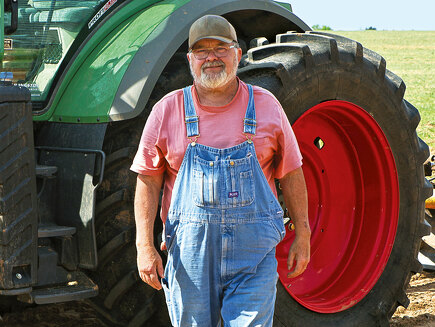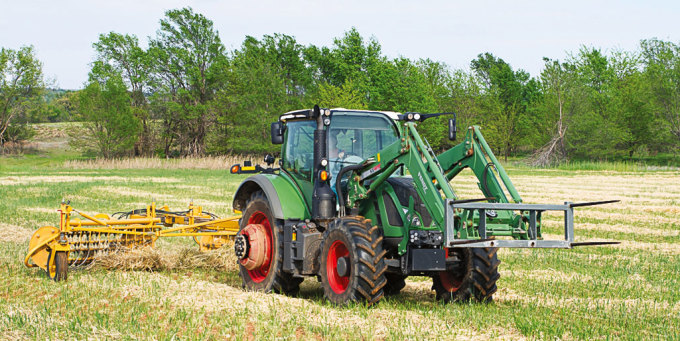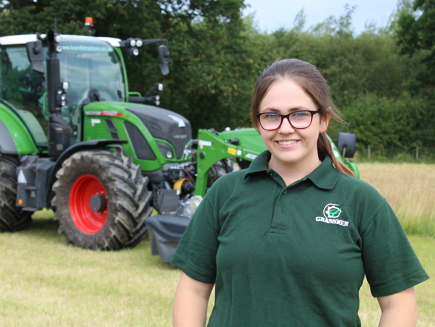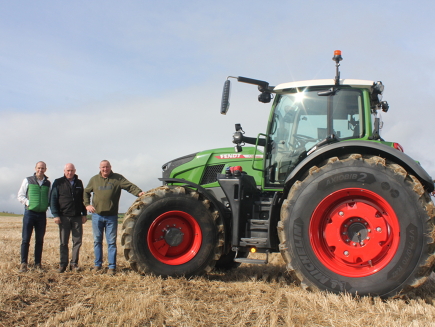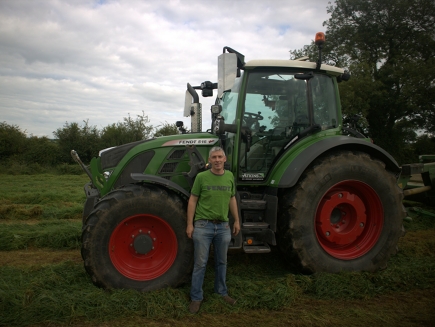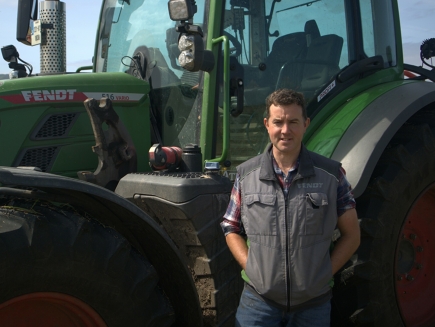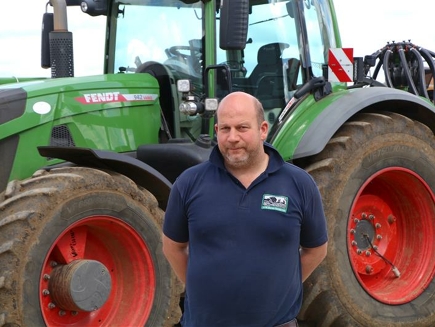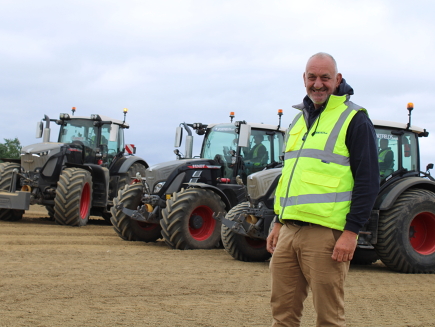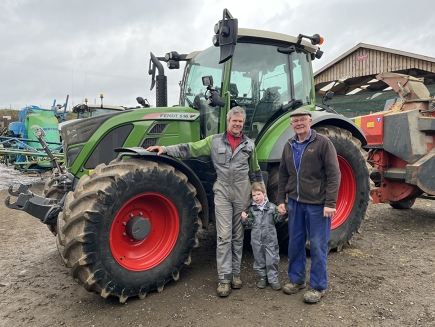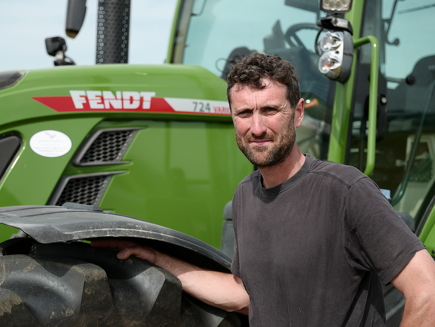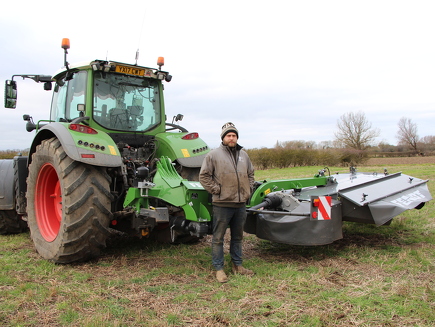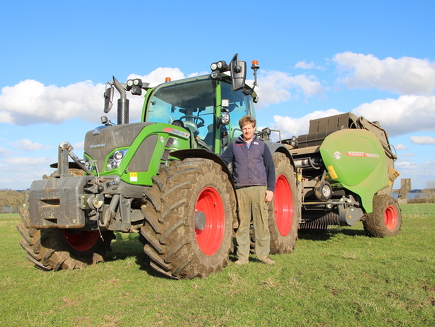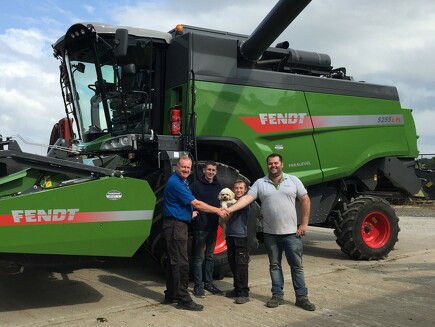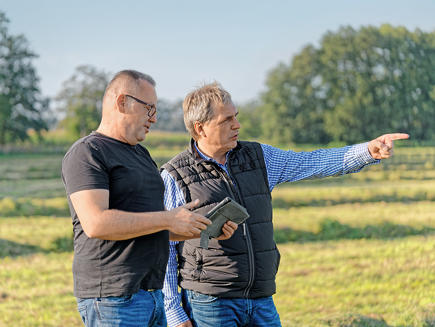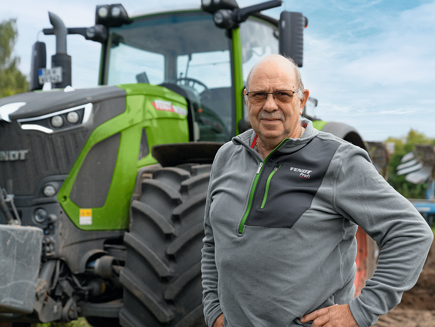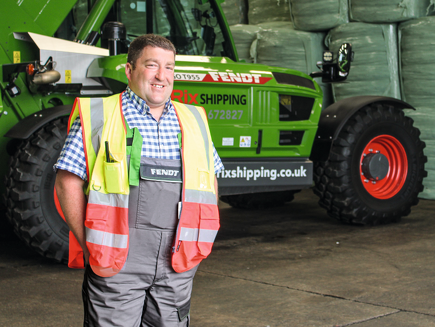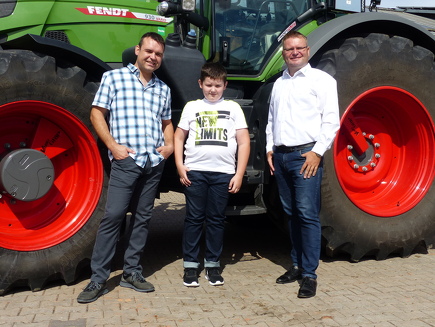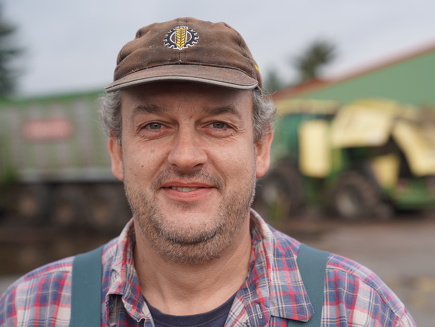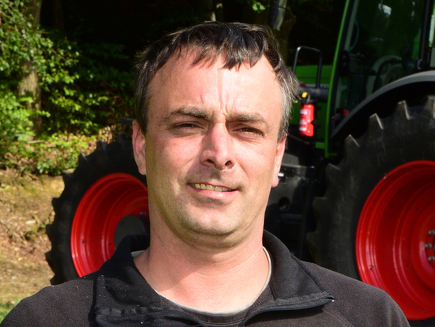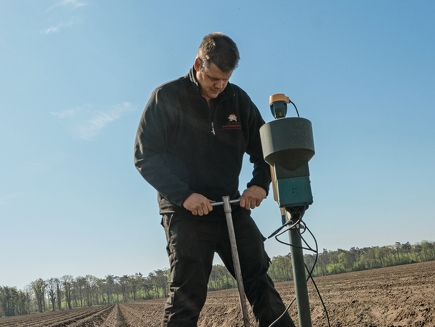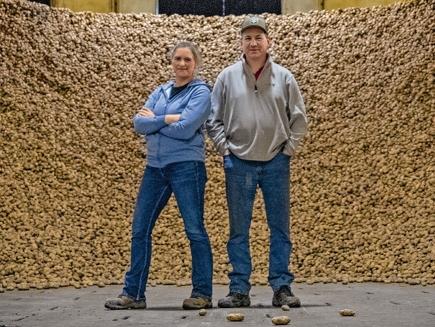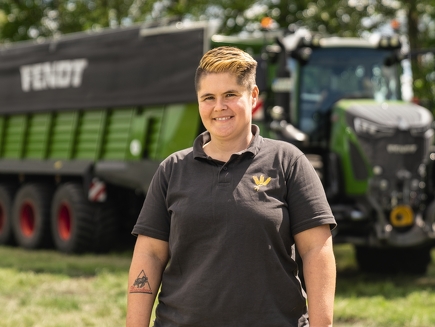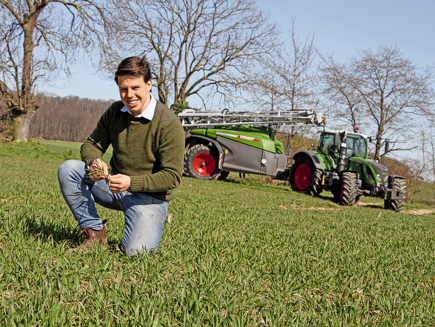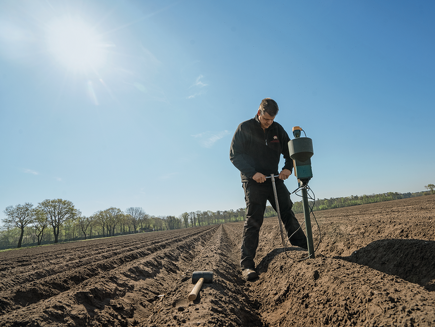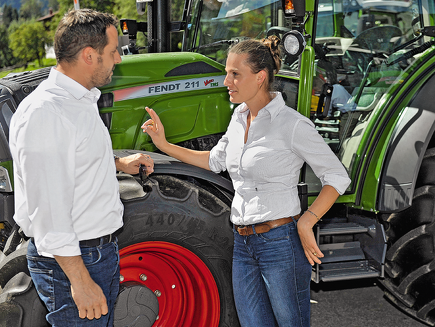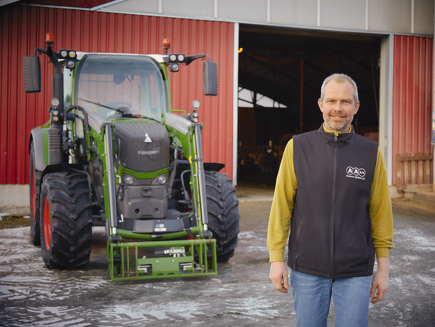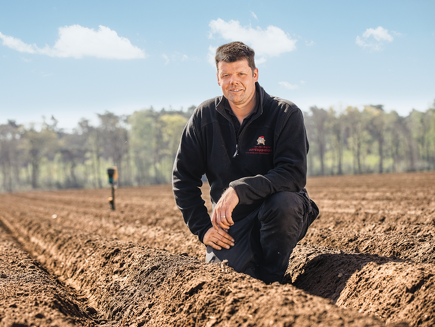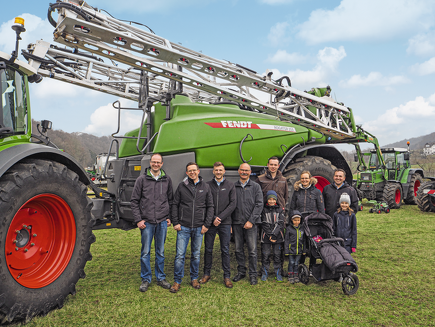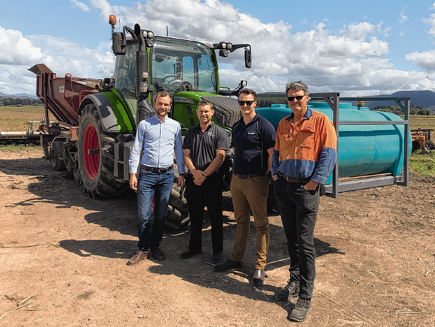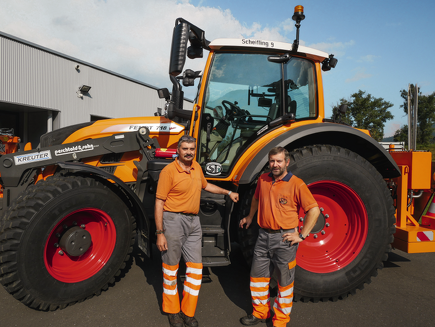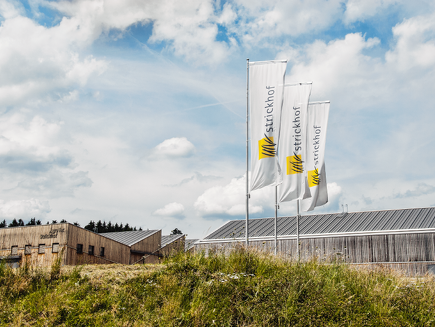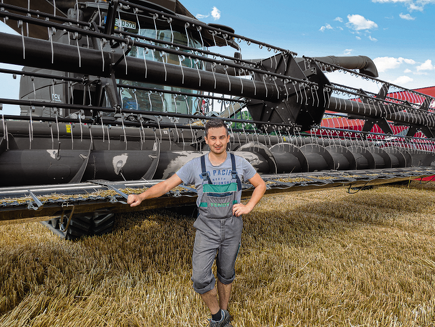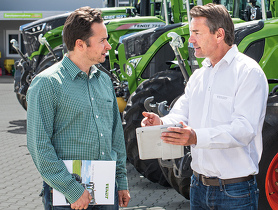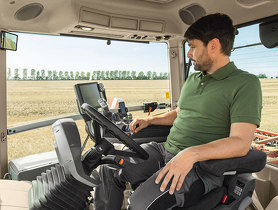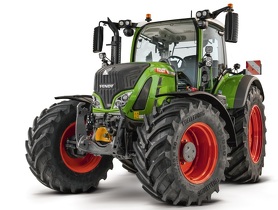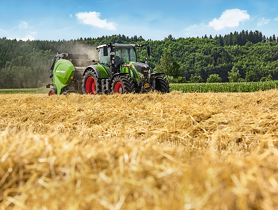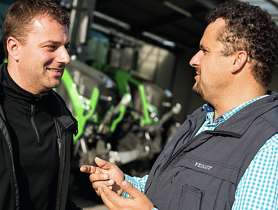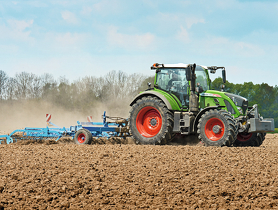Uptime and reliability are key tenets for E & M Repp Farms, Inc., especially when it comes to putting upapproximately 8,000 bales of Bermuda and alfalfa hay each year. That’s why they’ve purchased two Fendt 720 Vario tractors from Livingston Machinery Company in the past two years.
Based near Fort Cobb Lake in Caddo County, Oklahoma, E & M Repp Farms is owned and operated by Eddie and Mary Jane Repp with help from their sons, Jeremy and John. While the family farm consists of approximately 2,200 acres, with a majority of it being irrigated, the Repp’s oldest son, John, farms about 2,500 acres on his own. Hence, the family still shares the workload and some equipment, including ownership of the first Fendt they purchased. The primary crops on both farms are Bermuda, alfalfa hay and cotton; but they also grow peanuts, corn, soybeans and/or wheat — depending on the commodity prices.
“The ride and transmission for a hayoperation are two of the best aspects ofthe Fendt tractor,” Jeremy comments. “The standard cab suspension helps smooth outrough fields, while the Vario transmission and TMS (tractor management system) provide the ideal blend of ground speed and torque. I also like that I can customize the hydraulics without getting out of the cab,” he adds, noting how he can ad just the flow rate and actuation time for each remote and even as sign the spool valvecontrols in any combination using the keyson the Varioterminal.

